

[Health Byte] is your insider guide to navigating Shanghai's health maze. From the labyrinth of public and private healthcare options to the pulse of cutting-edge medical services, we've got you covered. Each bite-sized article ends with a health tip, making wellness in the city more accessible than ever. Wondering about hospital features, where to find bilingual medics, or the scoop on insurance coverage? "Health Byte" breaks it down, offering clear, actionable insights.

In the hot summer, a cup of tea can be a great treat. But... what if this cup of tea had superpowers? Rather than just quenching your thirst, what if it could help with destroying body fat, provide relief from hot weather, or enhance overall health?
Herbal tea, steeped in the ancient annals of Chinese medicinal lore, traces its lineage back through dynastic epochs. Originating in the Tang Dynasty (AD 618-907), it gained momentum during the lyrical Song Dynasty (960-1279), before reaching its zenith in the refined courtly airs of the Qing Dynasty (1644-1911). Today, it stands not merely as a health elixir, but as a venerable tradition of rejuvenation.
In contemporary Shanghai, amidst a burgeoning renaissance of health consciousness, herbal tea has experienced a revival of its own, particularly among the city's youthful and middle-aged residents. Reflecting this cultural zeitgeist, Shanghai Yueyang Hospital of Integrated Traditional Chinese and Western Medicine has unveiled a series of bespoke herbal brews, meticulously calibrated to the nuances of each season, ambient temperature and the ancient rhythms of Chinese solar terms.
Among their offerings, standouts include the cooling embrace of Qingying Tea (岳阳轻盈方) and the heat-soothing Xiaoshu Tea (岳阳消暑方), alongside the fortifying essence of Sishen Runxin Tea (岳阳四参润心方). This initiative not only honors tradition but embodies Shanghai's quest for holistic well-being, where each sip unfolds a narrative of ancient wisdom meets modern sensibilities.
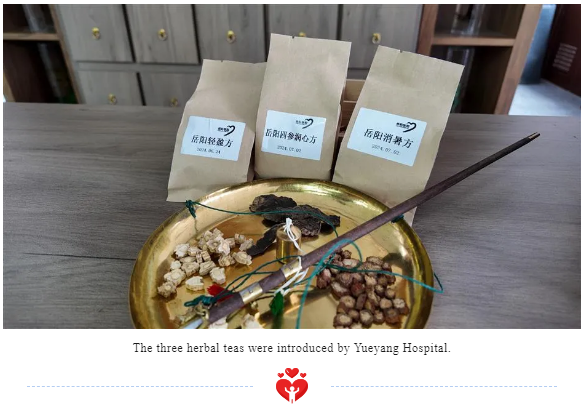
For Beating the Summer Swelter:
1) Xiaoshu Tea features agastache rugosus, mint, couthgrass root, dendrobe, and honeysuckle. "The tea tastes light and refreshing. The mint allows people to enjoy a flavor that turns from bitterness to sweetness as well as a special cool feeling after drinking tea. It brings a heat relief on a hot day," Ma said.
2) Sishen Runxin Tea is made based on our clinical practice, as some patients are likely to have excessive sweat on hot days. It can cause a deficiency of qi, or vital energy. "We specially choose four types of ginseng and some other herbs to make the tea to enhance health and nourish vitality," she said.

The hospital said it will introduce more teas in line with seasons and solar terms and more TCM items such as sachet to promote TCM culture as well as a healthy lifestyle.
"Scented teas with special functions will be introduced at the fall of autumn," Ma added.
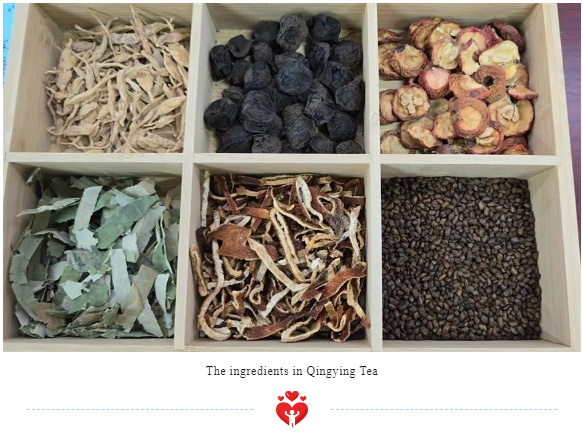


While there are numerous compelling reasons to embrace herbal tea, it's essential to consider potential drawbacks. Most teas are generally safe for the majority, but caution is advised for specific groups such as young children, pregnant women and individuals highly sensitive to certain ingredients. Over-consumption can also lead to adverse effects.
It's crucial to recognize that herbs possess medicinal properties that can interact with medications. Therefore, consulting with healthcare professionals, especially TCM experts, is recommended before starting any herbal regimen.
"To accommodate expatriates, we will soon provide an English link for herbal tea purchases on our WeChat account and include English labels on the tea," mentioned Ma. "Given that expatriates may have different constitutions compared to Asians, we advise visiting the hospital for a pulse check and TCM consultation."
This approach ensures personalized guidance and safe usage of herbal teas tailored to individual health needs.

Gas poisoning incidents typically occur during winter, but recently, they've surfaced on hot days. Officials from Pudong New Area People's Hospital have attended to 10 patients affected by such poisoning, all from cooking in inadequately ventilated rooms with air conditioning.
Doctors emphasize the importance of maintaining awareness and ensuring proper ventilation while cooking, even in sweltering conditions. This precaution is crucial to prevent such incidents and safeguard health during indoor culinary activities.


It will soon be the peak season for annual health checkups! Are you ready for yours? In our upcoming [Health Byte] we'll provide a list of guidelines for health checkups, as well as what kind of checks are prudent to undergo for people of different ages and/or risk categories. Also... a big pro-tip from us at CNS in advance... don't skip an annual health check-up. They can be... life-saving.

Cai Wenjun is a seasoned health reporter with Shanghai Daily. With extensive experience covering the local medical system, hospitals, health officials and leading medical experts, Cai has reported on major pandemics including SARS, swine flu and COVID-19, as well as developments in the local health industry.
Source: CityNewsService
Events
More+-
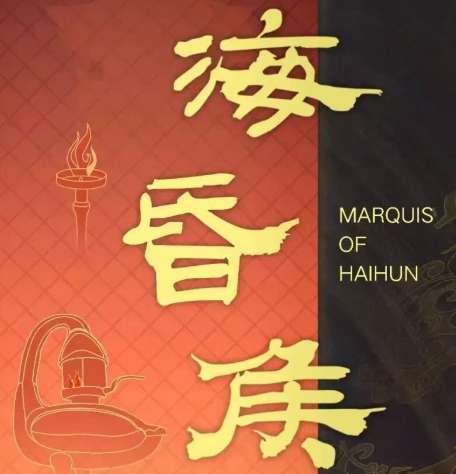
Marquis of Haihun: A Life as King, Emperor, Commoner and Marquis — With a Tomb Preserving Han Dynasty Majesty
-

Voyage to the Deep — Deep-Sea Archaeological Discoveries in the Northwest Continental Slope of the South China Sea
-

10th Beijing International Art Biennale
-
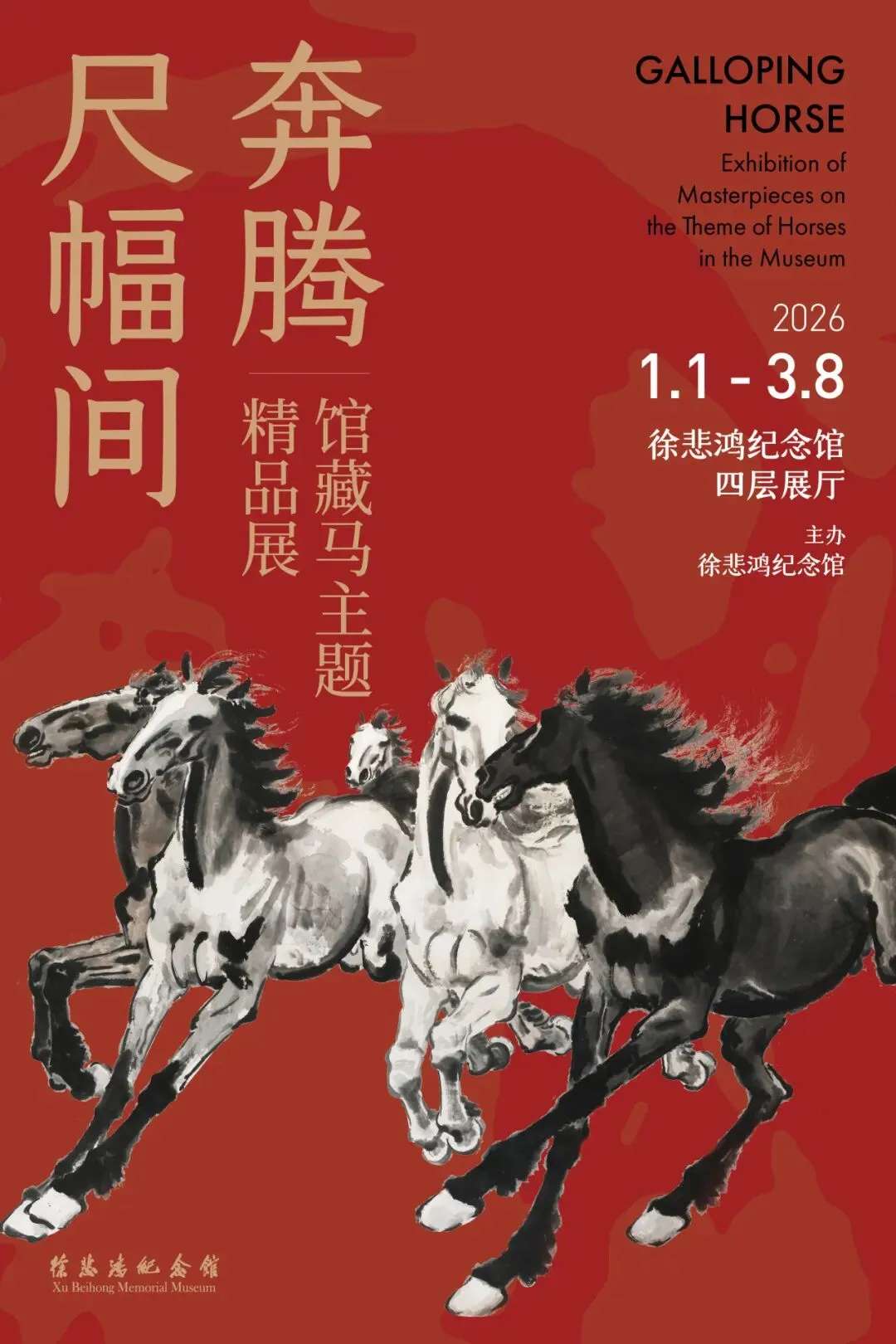
Galloping Horse — Exhibition of Masterpieces on the Theme of Horses in the Museum
-
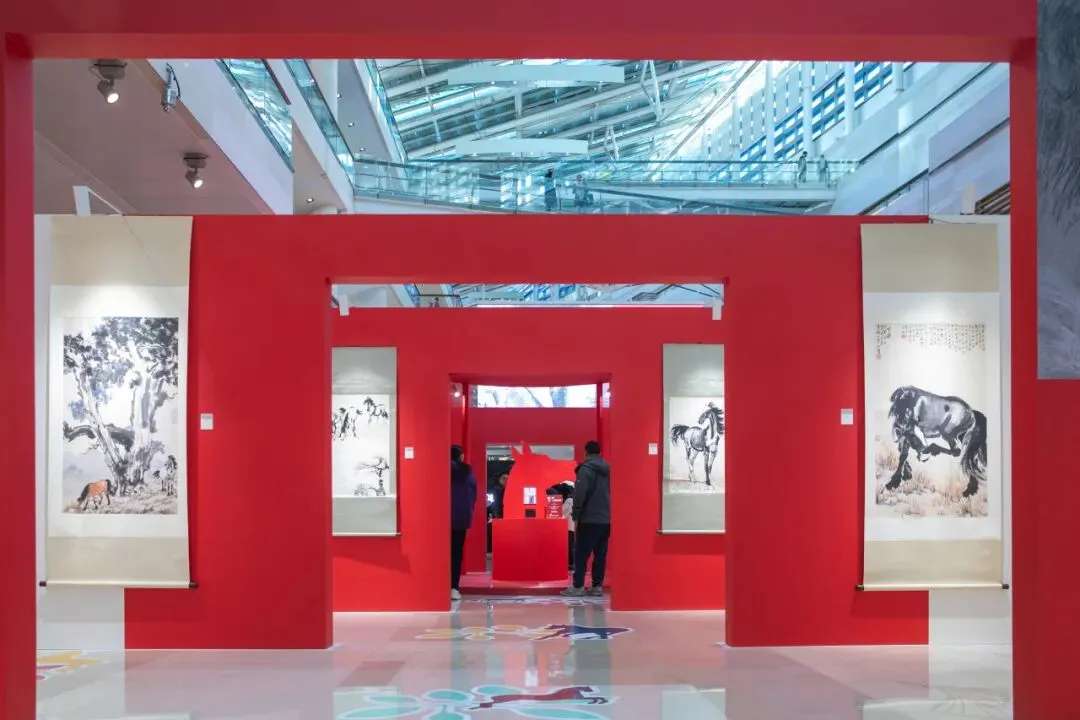
Spring Breeze, Swift Hooves — 2026 Art Exhibition of Xu Beihong



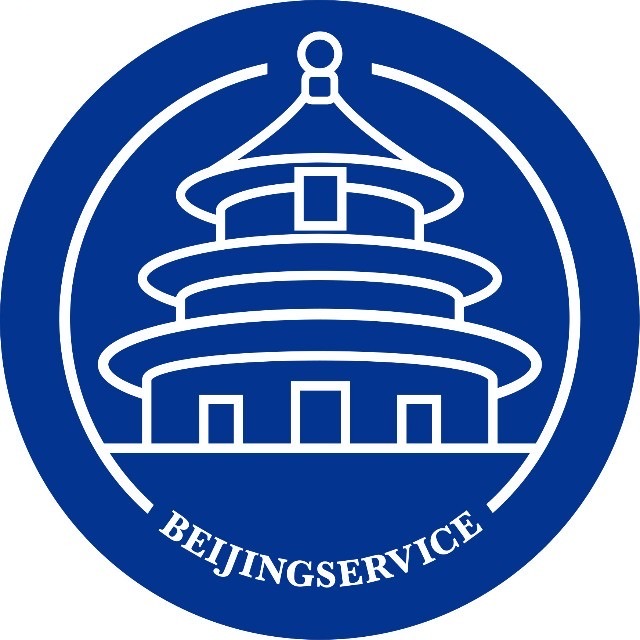




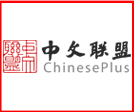
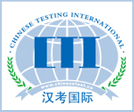
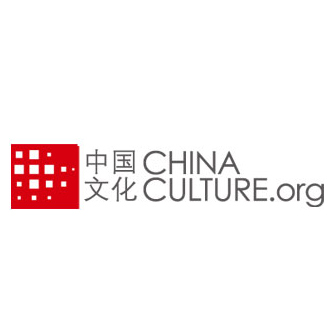
 京公网安备
京公网安备